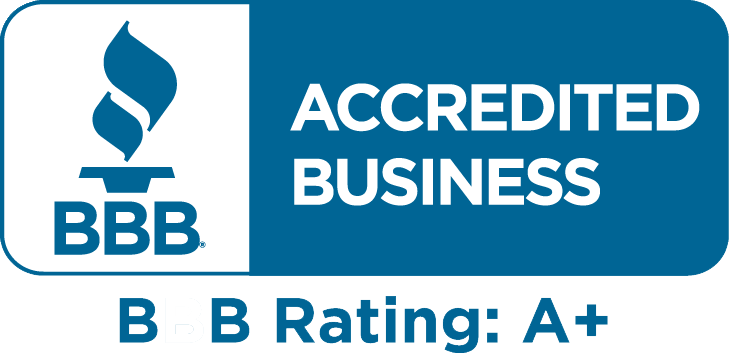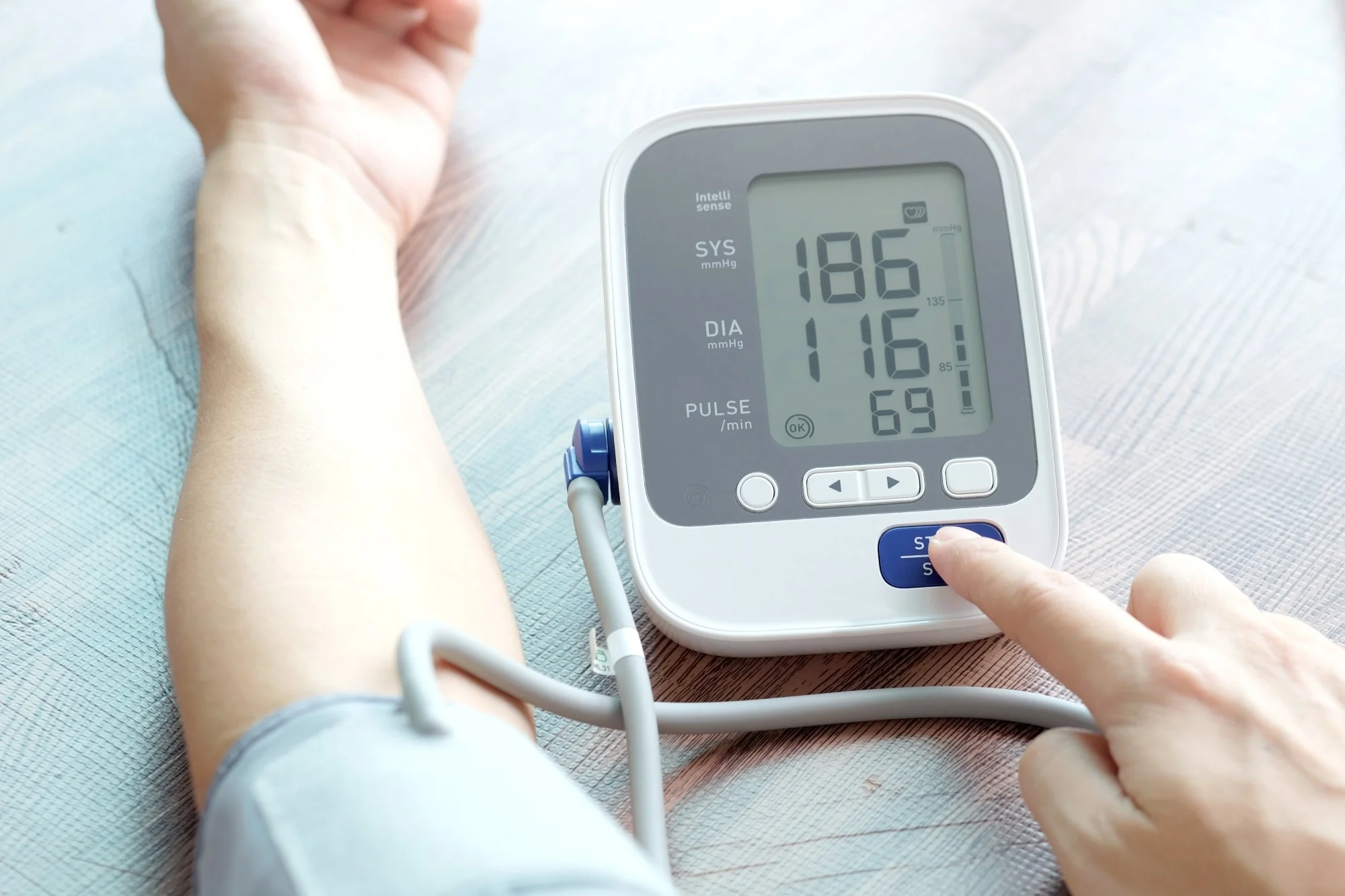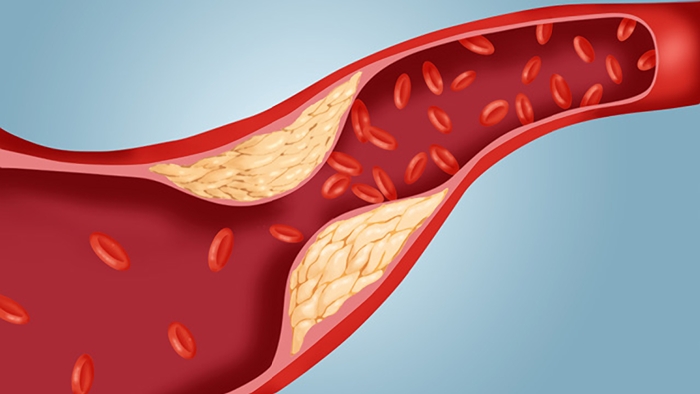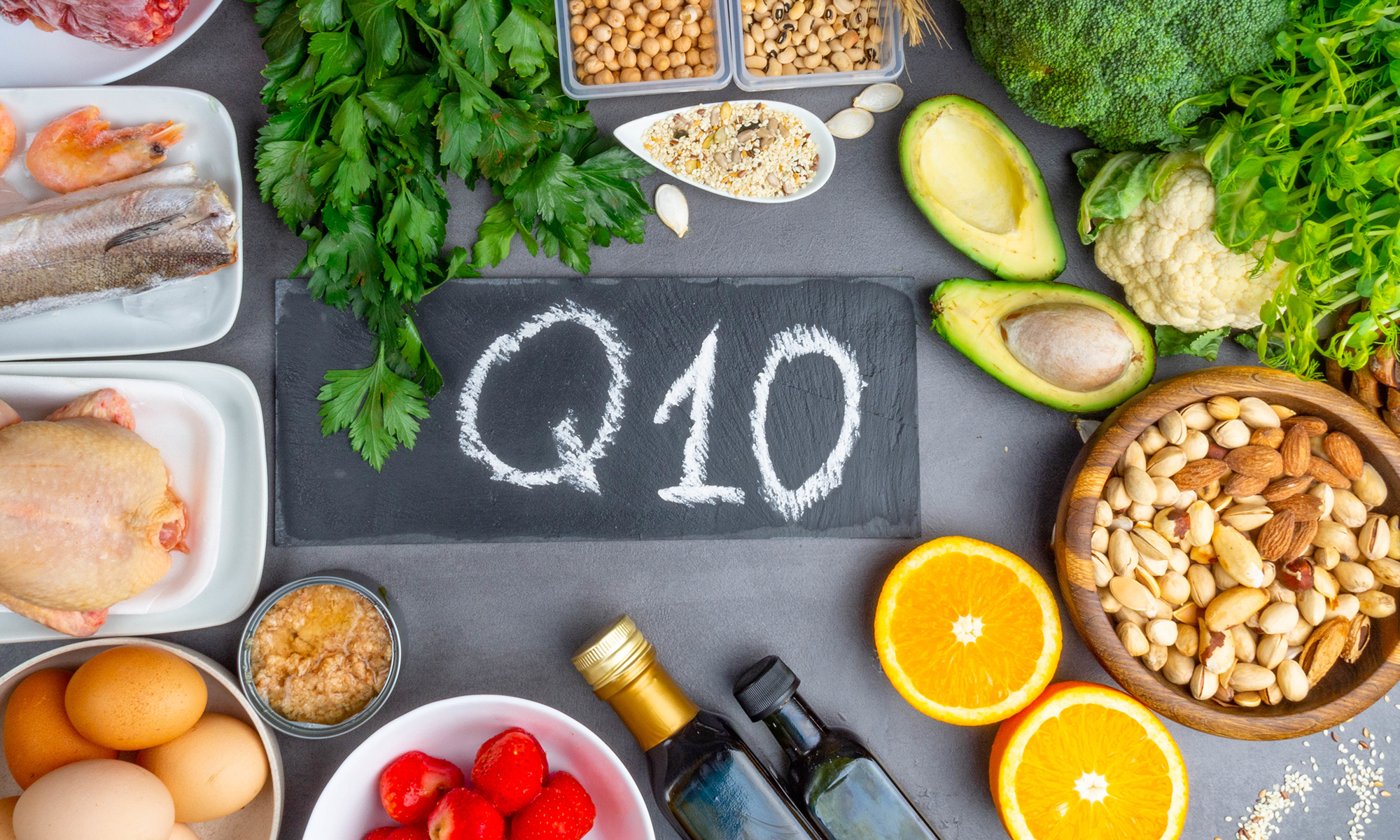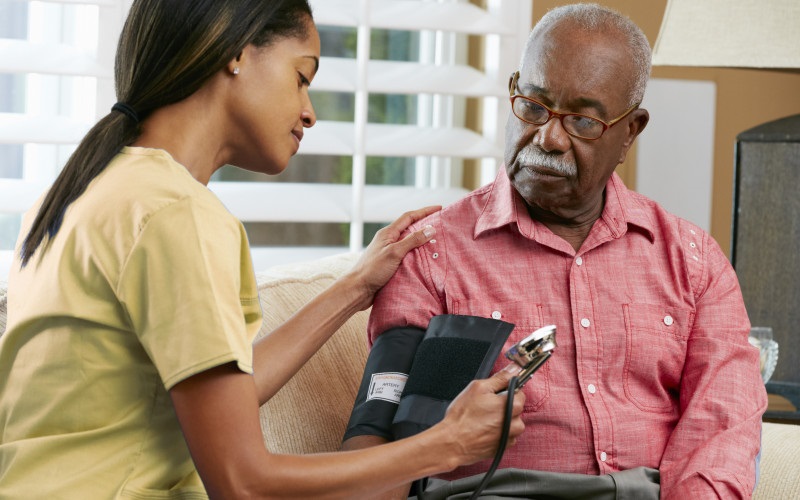Heart Attack Warning Signs That Could Save Your Life if Spotted
Heart attacks happen quickly, and they can be terrifying. They affect a specific demographic of people, and sometimes it seems like they happen entirely without warning. However, there are some ways we can track the earliest heart attack warning signs.
One interesting fact about heart attacks is that women and men tend to experience different symptoms just before. While they’re not hugely different, it is good to note that some symptoms for one gender might not be as small as for another.
If you have struggled with high blood pressure in the past, or if you have a loved one who seems to be constantly battling hypertension, it is a good idea to familiarize yourself with the different symptoms and early warning signs of heart attacks.
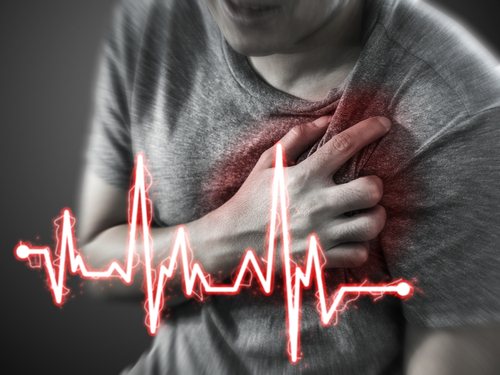
Heart Attack Factors
Women tend to experience a few more symptoms than men do when it comes to heart attacks and the warning signs preceding them. While the experience is different for everyone, it is important to know who is most susceptible to heart attacks and what they’re like.
Here are some factors which may make someone particularly susceptible to a heart attack:
- Age (men over 45 and women over 55 are most susceptible)
- High blood pressure or hypertension
- A family history of heart attacks
- Diabetes
- High cholesterol
- Frequent past or present tobacco use
- Drug use
- Lack of physical activity
- Some autoimmune conditions
It’s also important to note that one or more of these factors doesn’t guarantee someone will have a heart attack, but particularly those with a history of it or a past family history of it, at an older age, and with high blood pressure are big candidates.
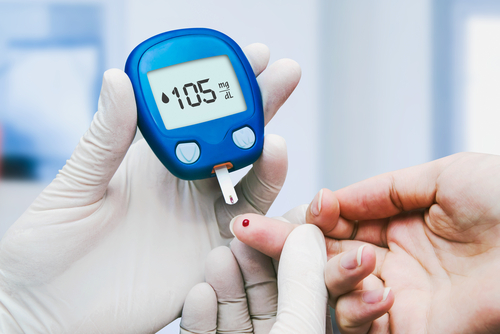
Early Warning Signs
It’s difficult to know right away what any medical thing is. It might look like a heart attack or an asthma attack for a second before you can identify it. However, here are some general pointers to understand what heart attacks’ early warning signs look like.
Women
For women, a heart attack may be preceded by any or several of the following:
- Pressure, pain, or a tight feeling in the chest (on and off or lingering)
- Pain in the left arm, both arms, the neck, the jaw, or the upper back
- Shortness of breath
- Nausea or vomiting
- Breaking into a cold sweat
- Dizziness or lightheadedness
- Fluttering heart
- Indigestion or heartburn
- Swelling hands or feet
- Coughing
- Throat pain
- Exhaustion
Feeling any or several of these symptoms might be an early warning sign that something is about to happen with your heart. If you’re feeling panicked or you recognize these symptoms, notify someone nearby immediately.
Men
Some of the heart attack warning signs for men include these:
- Chest pain, tightness, or discomfort
- Pressure or pain in other areas of the upper body
- Pain in the left arm
- Coughing or wheezing
- Shortness of breath
- Cold sweats and dizziness
Whether you feel relatively fine or you recognize the oncoming heart attack signs from a past episode, you should notify someone close to you as soon as you can to catch the problem early on, before the attack occurs.
Many symptoms happen a few minutes before, twenty minutes before, or just before a heart attack takes place. The timeline varies widely per individual.
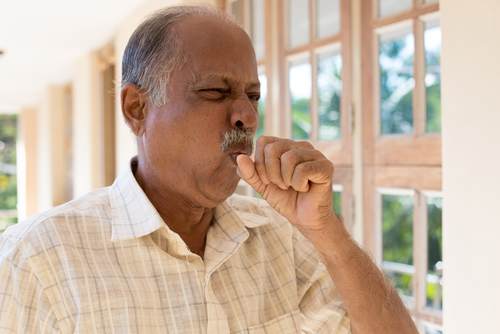
Preparing
If you know you’re a candidate for a heart attack, it’s a good idea to get prepared now in the event that you feel any of these symptoms in the future.
You can even take precautions such as supplements for heart health or general health tips:
1. Take health supplements which will benefit cardiovascular health.
From Cardio Defender™ to daily multivitamins, taking regular supplements can be a big step toward supporting your health health and cholesterol.
2. Get enough exercise.
Regular physical activity doesn’t need to be running three miles a day or an hour-long visit to the gym early in the mornings. Regular walks, long swims, yoga each afternoon, or a chosen at-home bodyweight workout can be hugely beneficial for heart health.
3. Have people nearby.
Having friends, loved ones, or medical professional that you know close by is a safety precaution which anyone susceptible to having a heart attack should take.
4. Eat a balanced diet.
Diets high in fatty foods, red meat, dairy, and low in fresh fruit can contribute to heart attack occurrences. By eating a balanced diet and maintaining an active lifestyle, heart attacks can be avoided more easily.
5. Breathe easy.
Take time to do what you love. Whether or not you have had high blood pressure in the past, a family history of heart attacks, or if you’ve felt the early warning signs yourself, don’t get worked up over being worried, as that may make the issue worse. Breathe easy.

